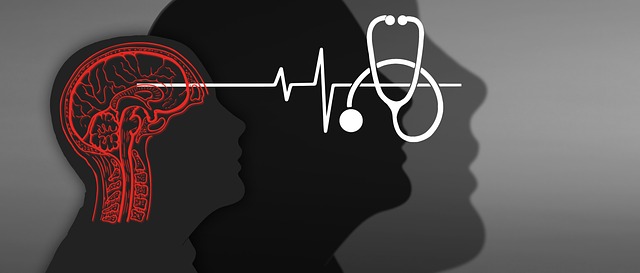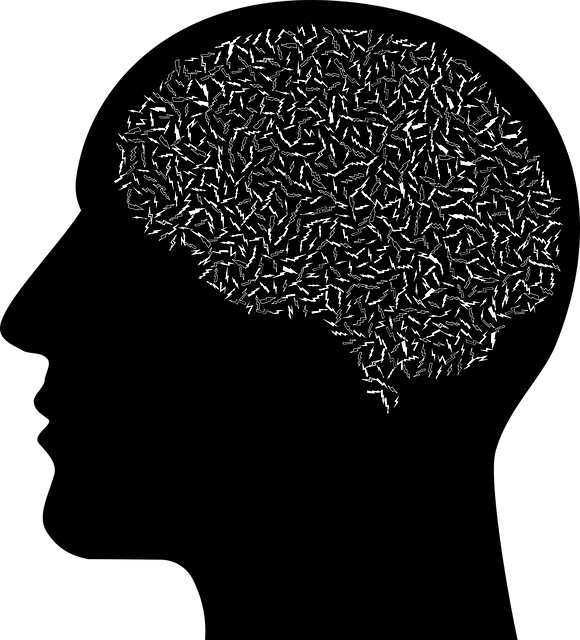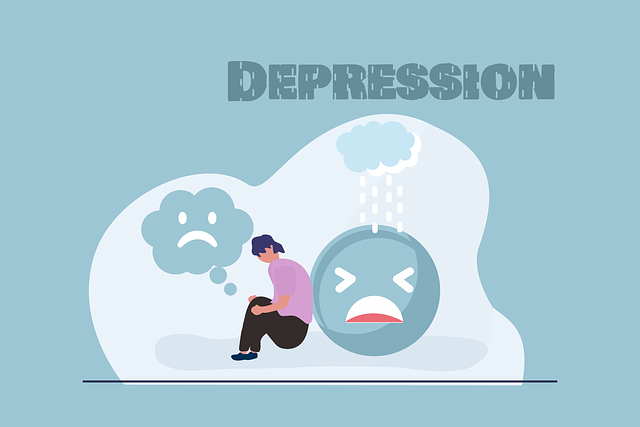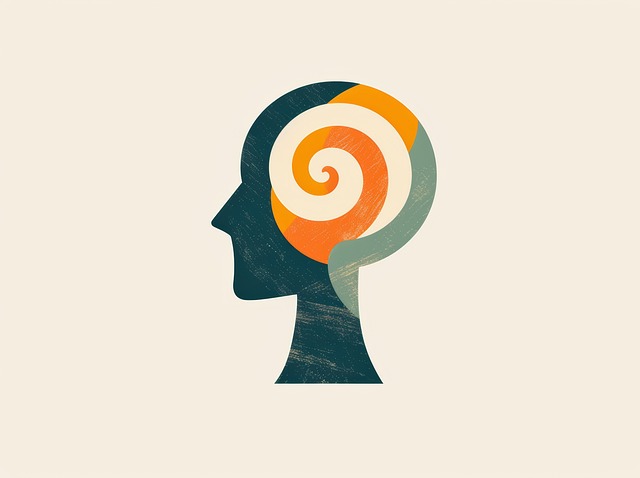Diagnosing and treating mental health issues in teens (12-18) requires specialized care tailored to their developmental stage, focusing on cognitive-behavioral therapy (CBT), family-focused therapy, crisis intervention, and education. Early intervention is key for managing conditions like sexual dysfunction, which can be complex but effectively addressed through therapy, including CBT, group therapy, and communication strategies. Self-care practices like journaling and mindfulness complement professional help, empowering teens to manage symptoms and build resilience. Public awareness campaigns destigmatize mental health concerns, encouraging open communication and seeking professional support for issues like adolescent sexual dysfunction.
“Uncovering the Path to Mental Well-being: A Comprehensive Guide to Navigating Diagnosis and Treatment. This article offers a holistic perspective on supporting adolescent teens with mental illness, focusing on key aspects of their healing journey. From demystifying mental health diagnoses specific to teens to emphasizing the power of early intervention, we explore strategies for parents and caregivers. Furthermore, we delve into treatment options for sexual dysfunction in adolescents, providing resources and insights. Empower yourself with knowledge to guide young minds towards therapy and recovery.”
- Understanding Mental Illness Diagnoses for Adolescent Teens
- The Importance of Early Intervention and Support
- Navigating Treatment Options for Sexual Dysfunction
- Resources and Strategies for Effective Healing Journey
Understanding Mental Illness Diagnoses for Adolescent Teens

Understanding mental illness diagnoses for adolescent teens is a complex yet crucial aspect of their journey towards healing. Many young individuals between 12 and 18 years old may experience various mental health challenges, from depression and anxiety to more severe conditions like bipolar disorder or schizophrenia. These diagnoses often require specialized care tailored to their unique needs and developmental stages. Therapy for adolescent teens, such as cognitive-behavioral therapy (CBT) or family-focused therapy, can be highly effective in managing symptoms and improving overall well-being.
Crisis intervention guidance plays a vital role in supporting teens during acute episodes. Mental health education programs designed with age-appropriate content can empower young people to recognize their mental health issues and seek help proactively. Additionally, compassion cultivation practices have shown promise in fostering resilience and empathy among adolescents, helping them navigate the challenges of mental illness with greater understanding and support from their communities.
The Importance of Early Intervention and Support

Early intervention and support are crucial for navigating mental illness, especially among adolescent teens. Recognizing symptoms and seeking help at an early stage can significantly impact long-term outcomes. Many mental health conditions develop during adolescence, a period of significant physical, emotional, and social changes. The earlier these conditions are identified and treated, the better the chances for successful management and improved quality of life.
Supportive environments and effective communication strategies play vital roles in encouraging teens to open up about their struggles. Public awareness campaigns can help destigmatize mental health issues, fostering a culture where seeking therapy for adolescent teens with sexual dysfunction or other concerns is seen as a positive step towards coping skills development. Early intervention ensures that teens receive the necessary tools to cope and thrive, preventing more severe complications in the future.
Navigating Treatment Options for Sexual Dysfunction

Navigating treatment options for sexual dysfunction in adolescent teens can be a complex and often overwhelming process. It’s important to remember that each individual’s experience is unique, and what works for one person may not work for another. Therapy plays a crucial role in addressing this issue, offering various approaches tailored to the specific needs of teens. Cognitive-behavioral therapy (CBT), for instance, focuses on identifying and changing negative thought patterns and behaviors related to sexual function and self-esteem improvement.
Additionally, therapists might incorporate communication strategies to enhance discussions around intimacy and sensitivity, which are essential components of burnout prevention. Group therapy sessions can also be beneficial, providing teens with a supportive environment to share experiences and learn from peers facing similar challenges. These therapeutic interventions not only help manage sexual dysfunction but also foster healthier relationships and overall well-being.
Resources and Strategies for Effective Healing Journey

Navigating the path to healing can be daunting, especially when facing mental illness as a teen. The journey toward well-being is often complex, but there are valuable resources and strategies available. One key aspect is seeking professional help; therapy plays a pivotal role in supporting adolescents struggling with sexual dysfunction or other mental health challenges. A qualified therapist can provide a safe space for teens to explore their thoughts and emotions, offering evidence-based treatments like cognitive-behavioral therapy (CBT) which has proven effective for various conditions.
In addition to therapy, establishing a robust self-care routine is essential for fostering resilience and managing symptoms. This involves prioritizing mental health awareness through practices such as journaling, mindfulness exercises, or engaging in creative outlets. Building resilience allows teens to cope with stressors and setbacks more effectively, ensuring they have the tools to navigate their healing journey with strength and perseverance.
Mental illness diagnoses can be complex, but with early intervention and tailored support, adolescent teens can navigate their healing journey effectively. Understanding specific conditions, like sexual dysfunction, is crucial, and there are various therapy options available to address these issues. By utilizing resources and strategies discussed, parents and teens can actively participate in building resilience and improving overall mental well-being. Early steps towards navigation assistance can make all the difference in a teen’s life, ensuring they receive the appropriate care for their sexual dysfunction and related mental health concerns.









